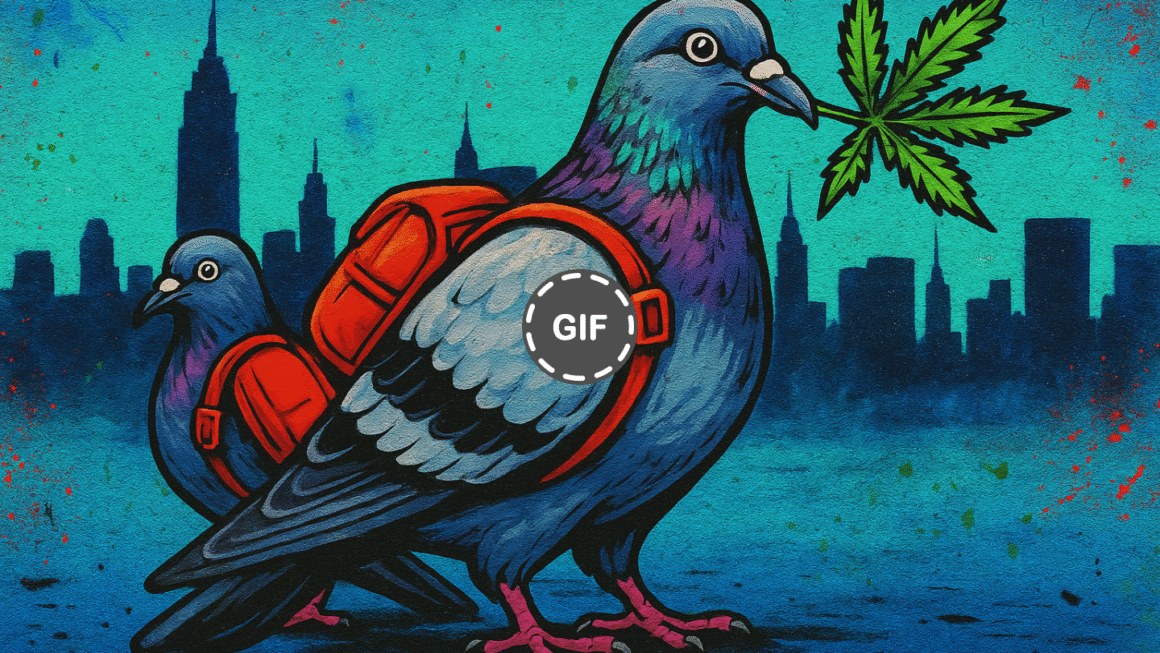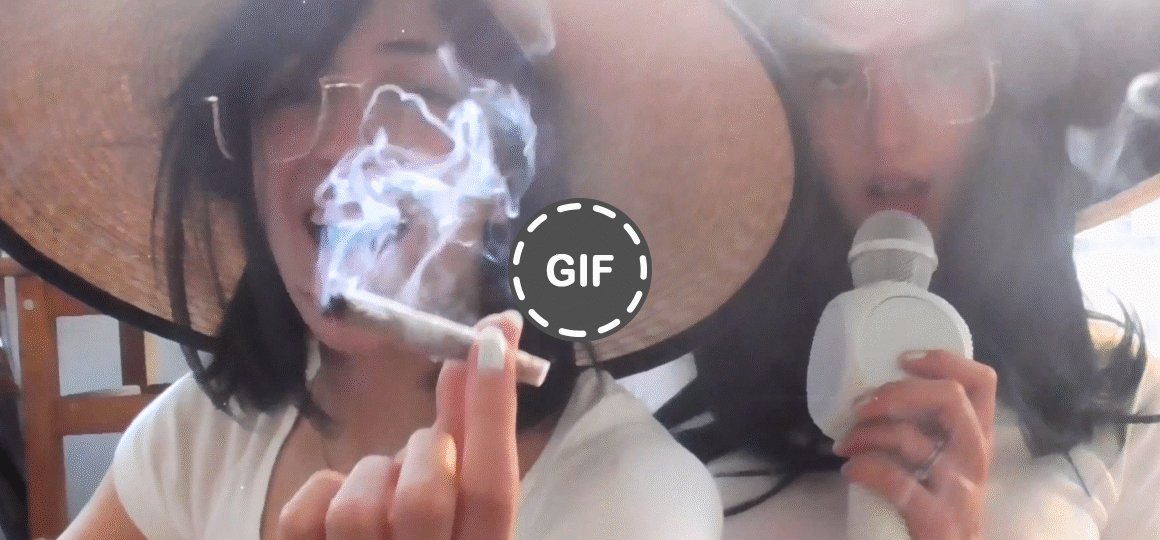US born basketball player Jarred Shaw, a standout in Indonesia’s professional league, was arrested in May for importing 132 THC-infused gummies to treat his Crohn’s disease. In a country known for some of the world’s harshest drug laws, his case sparks an uncomfortable debate: medicine for some, a crime for others.
The 35-year-old athlete —a former IBL champion with Prawira Bandung who also played in Argentina, Japan, Turkey, Thailand, and Tunisia— is currently being held in pretrial custody in Jakarta after collecting a $400 pack of THC gummies. Police claim it contained nearly 869 grams of “cannabis” and have not ruled out charges carrying a potential life sentence… or even the death penalty. Shaw maintains his innocence: “I use cannabis as medicine,” he stated, according to The Guardian.
The case, in context
On May 7, 2025, Jarred Shaw was arrested in the lobby of his apartment building in Indonesia when he went to pick up a package that, according to him, contained THC-infused gummies for medical use. What he expected to be relief for his chronic pain turned into an ambush. Ten undercover officers arrested him on the spot. Hours later, he was paraded before the media in handcuffs and an orange prison shirt at a police press conference, standing beside a table displaying 132 gummies that Indonesian authorities valued at $400 and said weighed a total of 869 grams.
Police claim that the package’s gross weight constitutes a significant amount of drugs, and allege that Shaw had messaged teammates saying he planned to share some of the gummies. Shaw denies this, insisting they were strictly for personal use. Even if he made a mistake, he says, his mishap should not warrant the death penalty or a long sentence.
Shaw was diagnosed years ago with Crohn’s disease, a chronic inflammatory bowel condition that causes severe abdominal pain, loss of appetite, and insomnia. “I have an inflammatory condition called Crohn’s disease that’s incurable. There’s no medicine apart from cannabis that stops my stomach from aching… I don’t use it to have fun and go party… With my stomach condition, sometimes it’s hard for me to keep food down or go to the toilet. It just soothes the pain a little bit,” he told The Guardian.
Indonesia and Its War on Drugs
This story goes far beyond one athlete. A report by Harm Reduction International revealed that several countries —including the United States— have spent millions of dollars funding Indonesia’s punitive drug enforcement policies. In 2021 alone, the same year the country received such funds, Indonesia issued 89 death sentences for drug-related crimes.
Indonesia enforces some of the harshest drug laws in the world. The firing squad was last used in 2016 for narcotics cases, and today, hundreds of people —including nearly a hundred foreigners— remain on death row, most for drug offenses.
Meanwhile, Shaw spends his off-season in Thailand, where cannabis laws have been significantly more relaxed in recent years. What counts as medical treatment there translates into a serious criminal offense in Indonesia.
“Jarred’s case is not an isolated incident… These punishments run counter to international human rights standards,” said Stephanie Shepard, advocacy director at the Last Prisoner Project (LPP), noting that even in the United States, tens of thousands of people remain behind bars for nonviolent cannabis offenses despite partial legalization.
Her colleague Donte West was even more blunt: “Cannabis won’t kill you, but possessing it can. We must get as much attention on this case in the hope that a positive resolution will set a powerful precedent. I’m dedicated to making sure Jarred gets home to his mother.”
Shaw also questions how the evidence is being weighed: “I’ve been charged for almost a kilo… I didn’t have anything near that,” he says, pointing out that most of the weight came from the candy itself, not the cannabis content.
In Indonesia, edible-related cases typically count the entire weight of the product seized, a criterion that can drastically increase sentencing ranges even when the actual THC content is minimal.
Beyond the cold letter of the law lies a deeply human reality. “I felt helpless and alone… I didn’t want to wake up again,” he admits of his first weeks behind bars. With faith, workouts in the prison gym, and his 6’11” frame, he’s doing his best to stay strong: “I just turned 35, but I still feel young… I’d love to continue my basketball career.” Five months after his arrest, he’s still waiting for his first hearing.
Ultimately, Shaw’s case isn’t about athletic privilege; it’s about proportional justice and public health. When one society recognizes that certain cannabis extracts can ease pain, while another punishes possession of an edible with the death penalty, the conversation extends far beyond one player or one league. Between “what they call drugs and what I call medicine” and a legal code that counts gummies as “almost a kilo,” lies a broader question for everyone: what is a just response when the real issue at stake is the right to health?
Cover photo created with Gemini.





